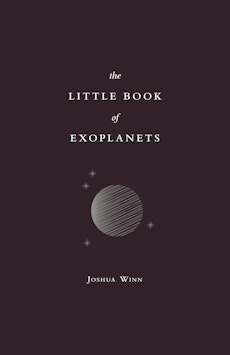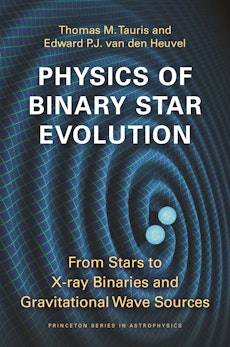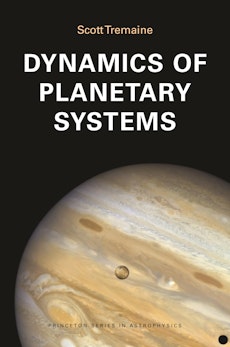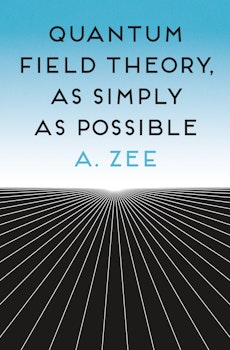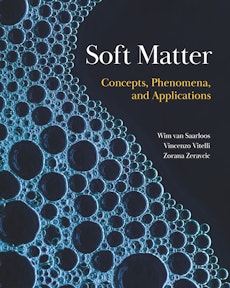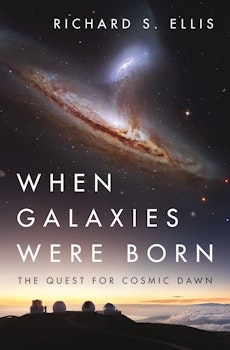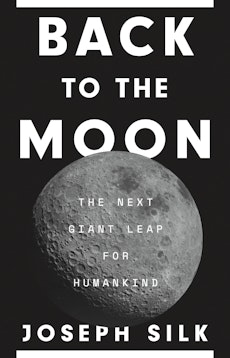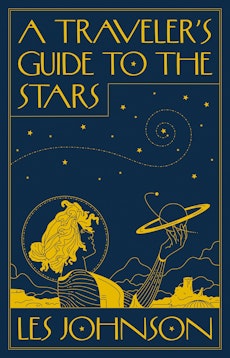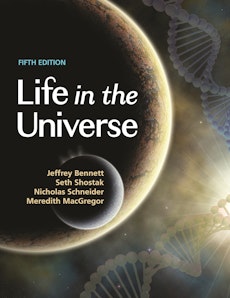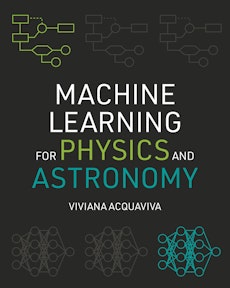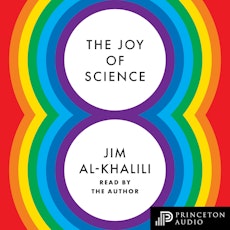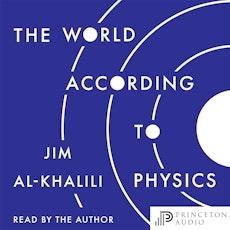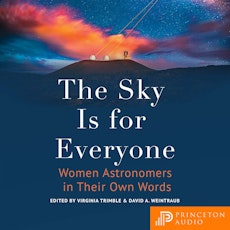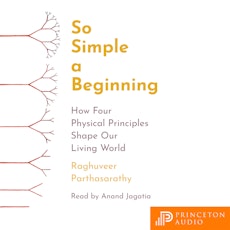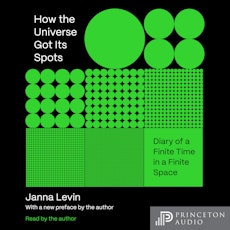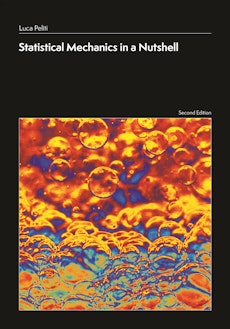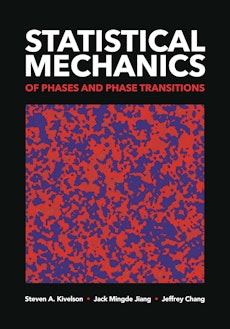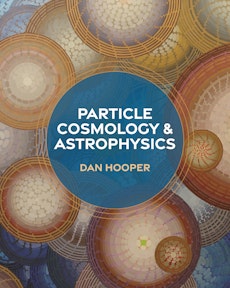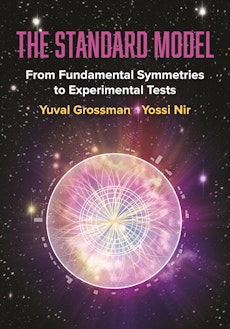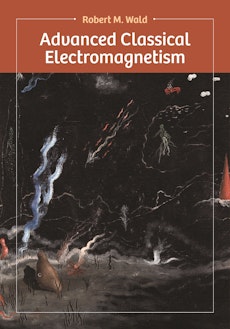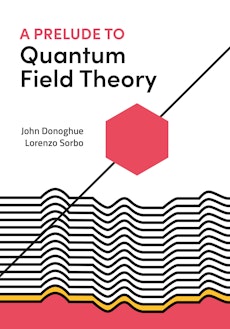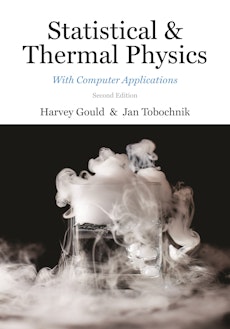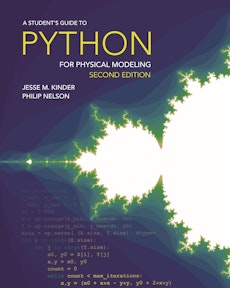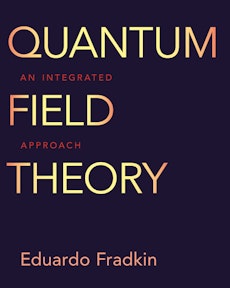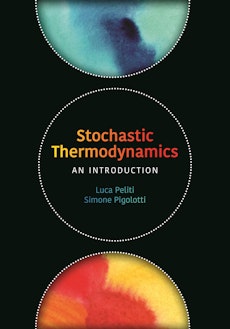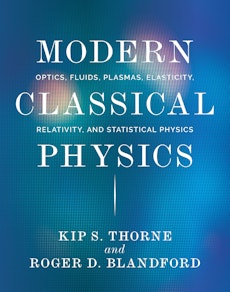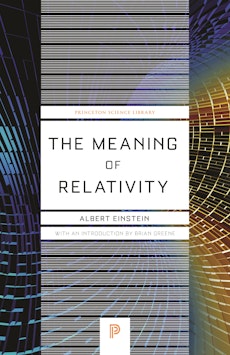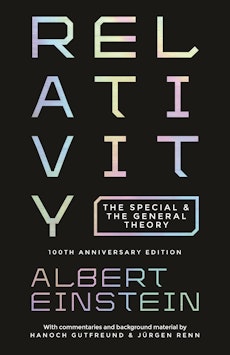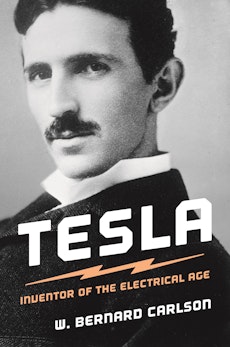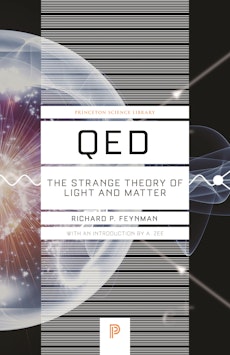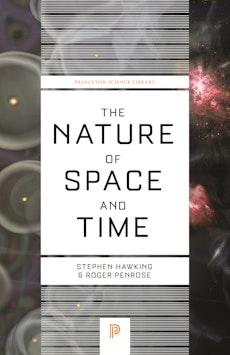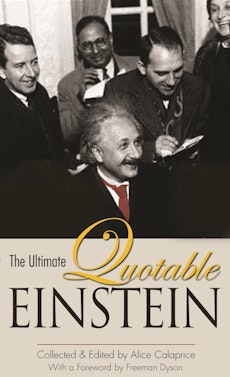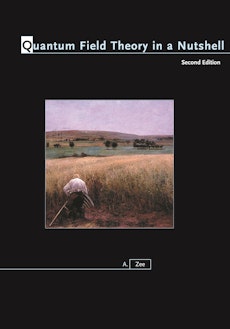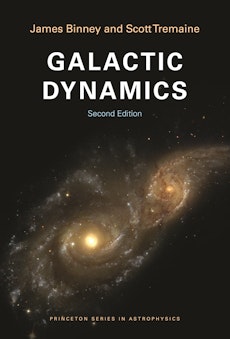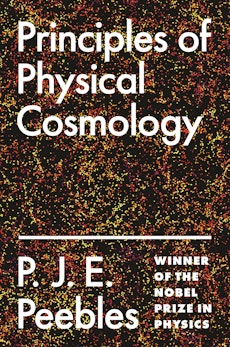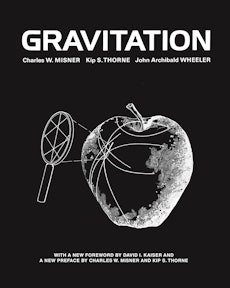Physics & Astronomy
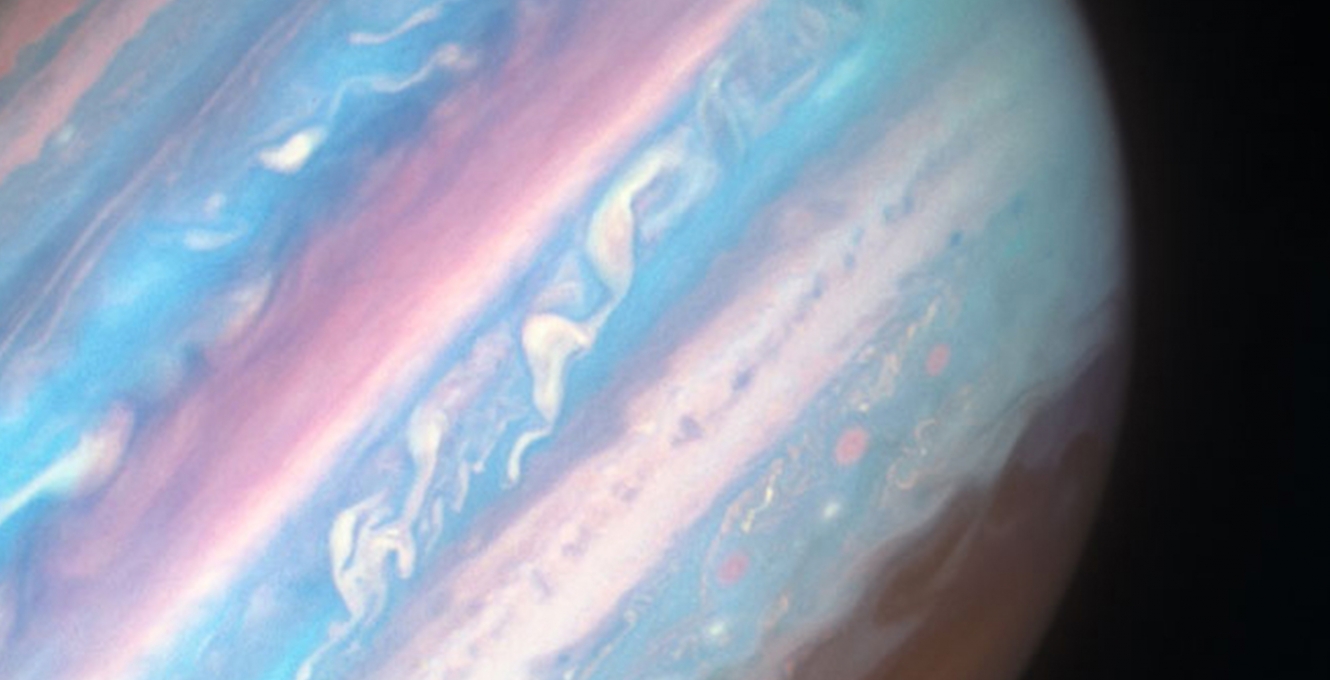
-
Ingrid Gnerlich
Publisher, Sciences -
Abigail Johnson
Assistant Editor, Physical Sciences
Princeton’s list in physics and astronomy encompasses a wide spectrum of fields and genres, including trade titles, monographs, and textbooks on topics ranging from the quantum to the cosmic. Over our distinguished history, we have been proud to publish multiple Nobel laureates, including Albert Einstein, Werner Heisenberg, Richard Feynman, Philip Anderson,
Roger Penrose, Frank Wilczek, and Kip Thorne, as well as such luminaries as Stephen Hawking, Martin Rees, Janna Levin, and Neil deGrasse Tyson. Connecting serious, cutting-edge science with scholarly and popular readers, our carefully curated list informs and stimulates researchers, students, and the public.
New & Noteworthy
Featured Audiobooks
Series
Ideas
-
The Beauty of Falling
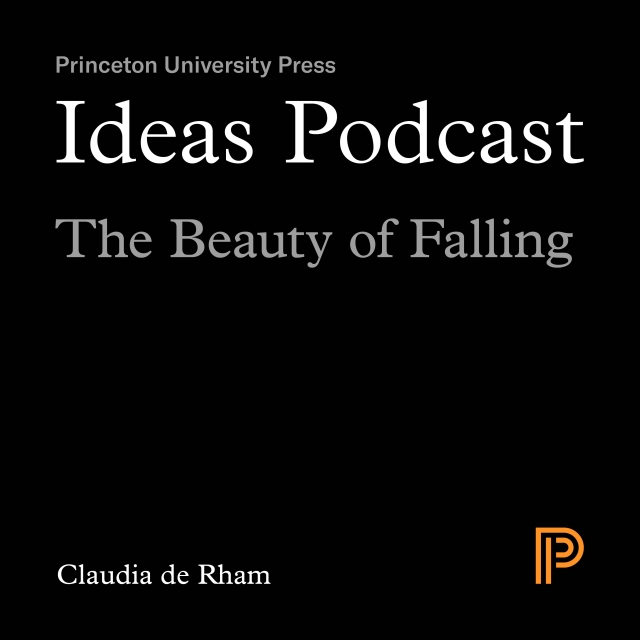
While many of us presume to know gravity quite well, the brightest scientists in history have yet to fully answer the simple question: what exactly is gravity? De Rham reveals how great minds—from Newton and Einstein to Stephen Hawking, Andrea Ghez, and Roger Penrose—led her to the edge of knowledge about this fundamental force.
-
Claudia de Rham on The Beauty of Falling

Claudia de Rham shares captivating stories about her quest to gain intimacy with gravity, to understand both its feeling and fundamental nature. Her life’s pursuit led her from a twist of fate that snatched away her dream of becoming an astronaut to an exhilarating breakthrough at the very frontiers of gravitational physics.
-
Listen in: The Beauty of Falling
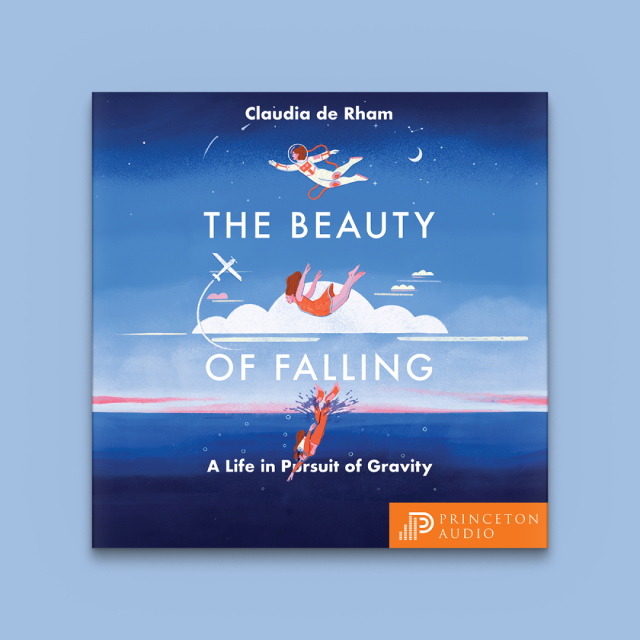
Claudia de Rham is a world-renowned physicist seeking gravity’s true nature and who has found wisdom in embracing its force in her life. Listen to a sample chapter from the audiobook.
-
Books by (and for) women in STEM
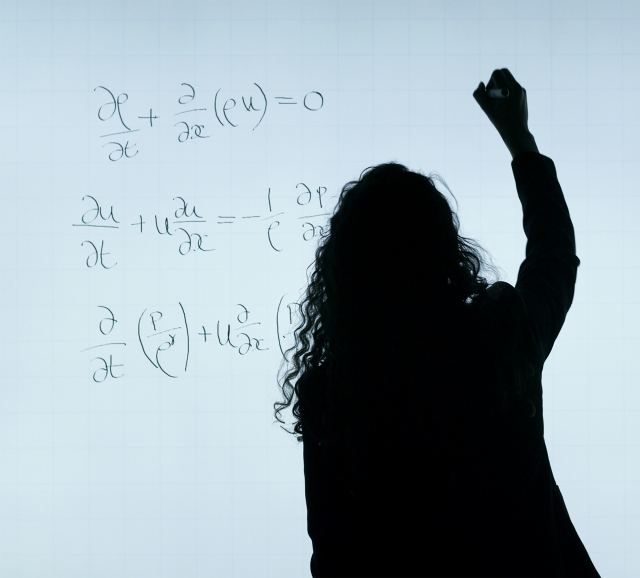
A significant gender gap has long plagued all areas of science, technology, engineering and mathematics disciplines across our global community. While progress has been made in increasing women’s participation in these areas of research and higher education, they remain under-represented in STEM fields.
-
The women who opened the doors to astronomy

In France, Dorothea Klumpke earned her Docteur-ès-Sciences at the University of Paris in mathematical astronomy in 1893, after completing her thesis, “L’etude des Anneaux de Saturne” (A study of the rings of Saturn), thereby becoming the first woman to achieve the academic distinction of earning an advanced degree for work done in astronomy.
